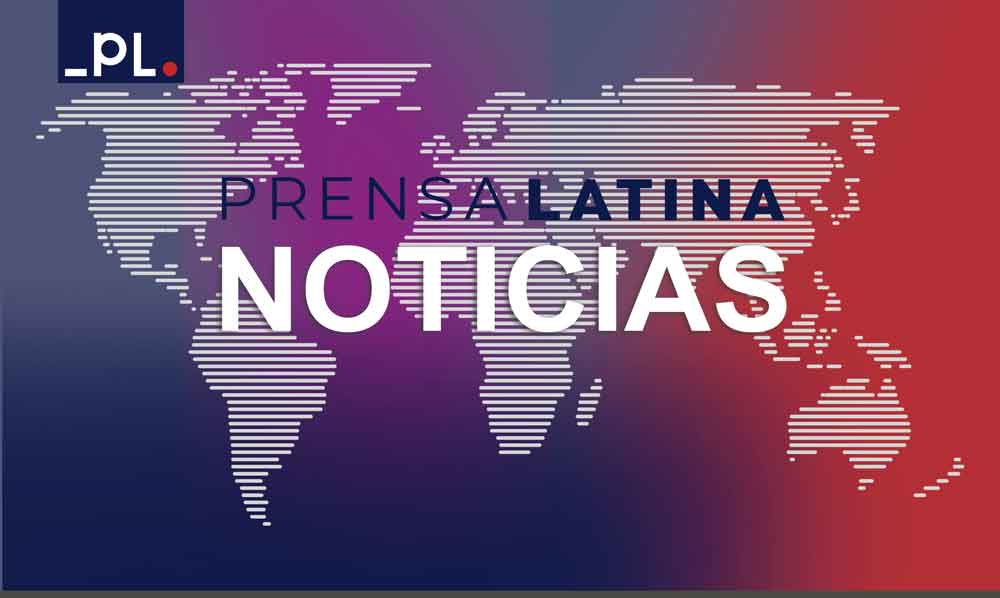According to the electoral organization's national director, Osman Valdés, the ban applies generally to all candidates in the pre-election phase, which begins on February 3 and ends at midnight on Thursday, May 2, two days before the consultation.
Before this point, candidates are prohibited from submitting an election application. However, as a citizen, you can express your interest in voting.
Valdés explained to the accredited press that the examination of the challenges and appeals against the rejections of the candidates' applications has not yet been completed. The information should have been published in the first week of January, but this was not possible due to the election administrative courts and some cases are still pending.
He pointed out that at least six cases of candidates belonging to different political parties being disqualified and therefore excluded from the race have been uncovered, including one for the open nomination.
Regarding former President Ricardo Martinelli (2009-2014), sentenced to more than ten years in prison and presidential candidate of the Realizing Goals (RM) party, he said that the decision of the Supreme Court was awaited. of Justice (CSJ).
The judge told news channel TVN that “logically” they would not have time to change the ballot papers when the verdict comes down in April, and since they have a firm candidacy, the RM presidential candidate will appear on it, although he may be disqualified becomes . .
Valdés warned that while candidates could use their personal social networks to promote their candidacy, paying to promote the figure in media of any kind already becomes political propaganda.
On the other hand, the president of the TE, Alfredo Juncá, recently called on the population to denounce the use of state resources to influence the parliamentary elections on May 5, in which at least eight candidates will compete for the Palace of las Garzas (headquarters of the executive branch) for the Period 2024-2029.
The use of public funds, goods or services for the benefit of candidates or parties is an illegal practice and extremely harmful to the integrity of the process, the judge commented in a video.
In this regard, he called for reporting on social networks or via email from the electoral body as a means of channeling complaints.
Although the election campaign will officially begin on February 3, sections of civil society and independent politicians have for months denounced officials' alleged use of public assets and money to win the vote.
On May 5, more than three million Panamanians are called to the polls to elect the new president and vice president, 20 deputies of the Central American Parliament (Parlacen), 71 deputies of the National Assembly, 81 mayors, 701 municipal representatives and 11 mayors, all with their respective deputies, for the constitutional period from July 1, 2024 to June 30, 2029.
The eight presidential candidates include former presidents Martín Torrijos (2004-2009) for the Popular Party (PP) and Ricardo Martinelli (2009-2014) for Realizing Goals (RM), who already faced each other in the 2004 elections.
Also the current Vice President of the Republic, José Gabriel Carrizo of the ruling Democratic Revolutionary Party (PRD); Rómulo Roux for the Alliance for Democratic Change (CD) and the Panameñista Party, Ricardo Lombana for the Otro Camino Movement and the independent candidates Zulay Rodríguez, Maribel Gordón and Melitón Arrocha.
ode/ga

